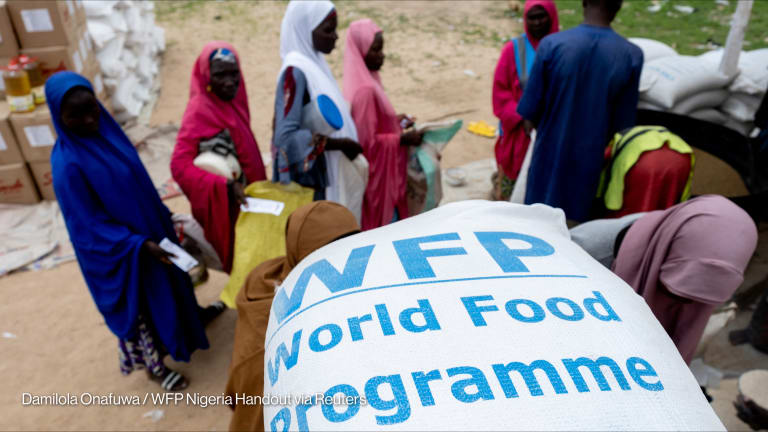The Nutrition for Growth, or N4G, summit in Paris, France, has garnered $27.55 billion in commitments from donors to end malnutrition globally — breaking the record set at the previous N4G summit in Tokyo in 2021.
The amount surprised many attendees: It comes amid a difficult time for fundraising as major Western donors are slashing foreign aid budgets. Chief among them is the United States, the world’s largest donor of food aid, which had pledged more than $11 billion at N4G in 2021, almost half the amount raised at that event.
The U.S., which has made massive cuts to its U.S. Agency for International Development, did not make a pledge or send a delegation to Paris for this year’s gathering. Other Western donors that have announced cuts include Belgium, France, and the Netherlands. But the N4G organizers — as well as the army of nutrition advocates who joined forces to convince donors to step up — found others to more than fill the gap. Among them were the European Commission, multilateral banks, and philanthropies such as the Gates Foundation.








